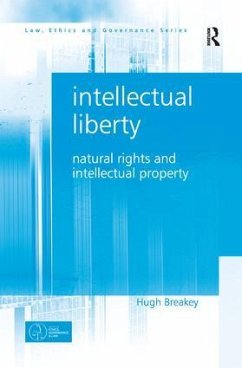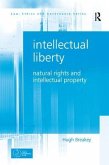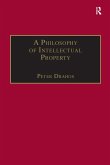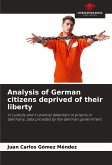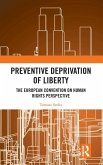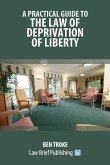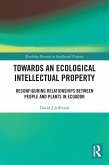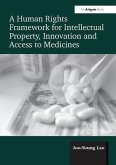Considering the steady increase in intellectual property rights in the last century, does it make sense to speak of 'user's rights' and can limitations on intellectual liberty be justified from a rights-based perspective? This book philosophically defends the importance of the public domain and user's rights through the use of natural-rights thought. Utilizing primarily the work of John Locke, it contends that considerations of natural justice and human freedom impose powerful constraints on the proper reach and substance of intellectual property rights, especially copyright. It investigates both the internal and external natural-rights constraints on intellectual property, and argues in particular for the importance to human freedom of the right to intellectual liberty - the right to inform one's actions by learning about the world. It concludes that respect for fundamental freedom-based interests require a balanced approach to the scope, strength and duration of intellectual property rights.
Hinweis: Dieser Artikel kann nur an eine deutsche Lieferadresse ausgeliefert werden.
Hinweis: Dieser Artikel kann nur an eine deutsche Lieferadresse ausgeliefert werden.

